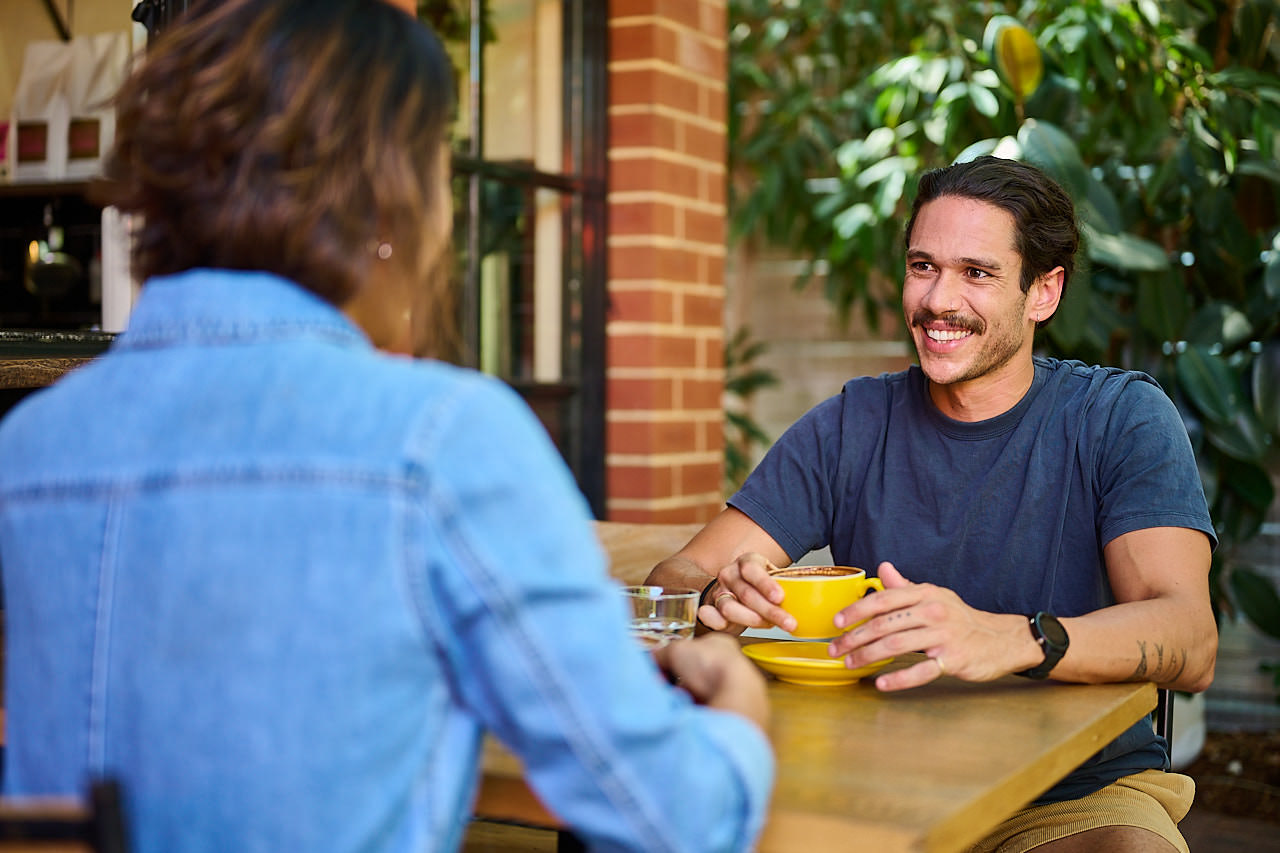
How WA's container deposit scheme will work
Western Australia’s new container deposit scheme, Containers for Change, launches in June 2020. Here’s what you need to know for now.
Posted on: July 10, 2020
Waste affects everyone and we each have the potential to choose our own impact, but sometimes the ability and enthusiasm to make positive changes comes down to personal awareness and education.
It doesn't matter if you know a little or a lot. Talking more about waste - around the dinner table, at a sports match, in the school yard or with your work colleagues - can make a difference to what you do and what others are doing.


Western Australia’s new container deposit scheme, Containers for Change, launches in June 2020. Here’s what you need to know for now.

Batteries, paint, aerosol cans, gas cylinders and e-waste – these are everyday materials found in practically every home, but they can’t be disposed of by simply throwing them in your rubbish or recycling bins. Find out how to correctly bid adieu to your hazardous household waste.

Before you consign overripe bananas to the compost, why not give them a second lease on life – and yourself a tasty treat?